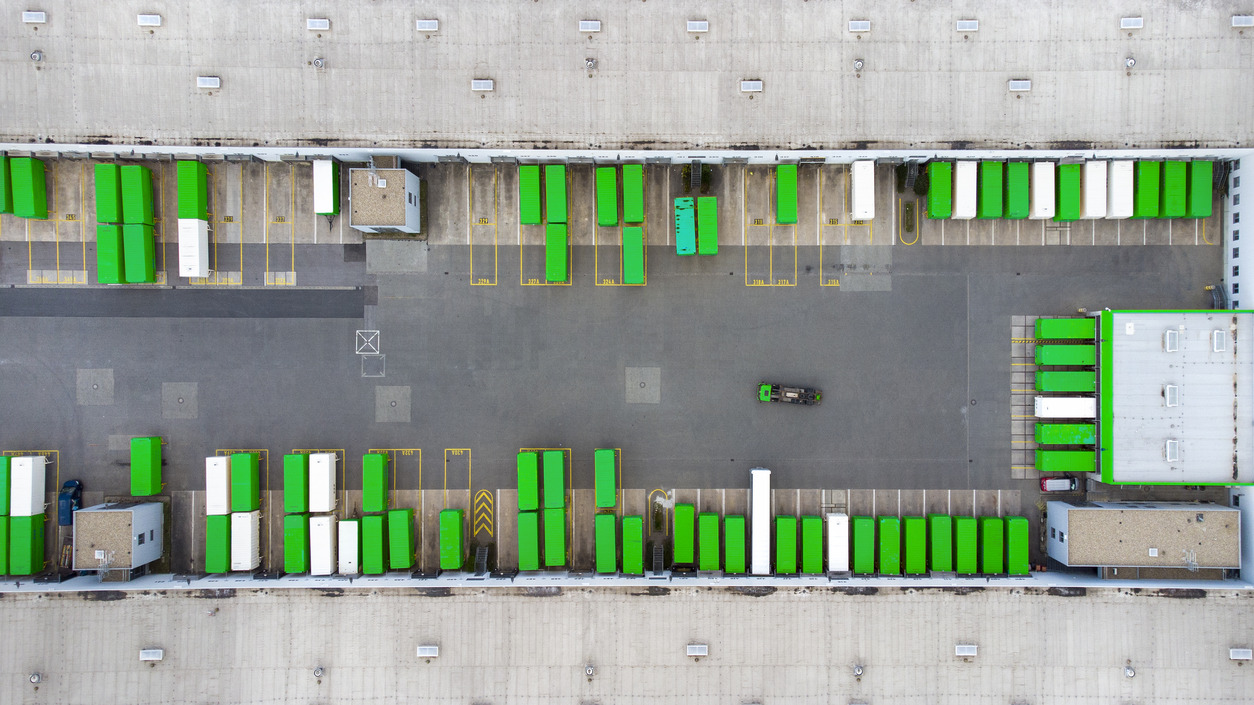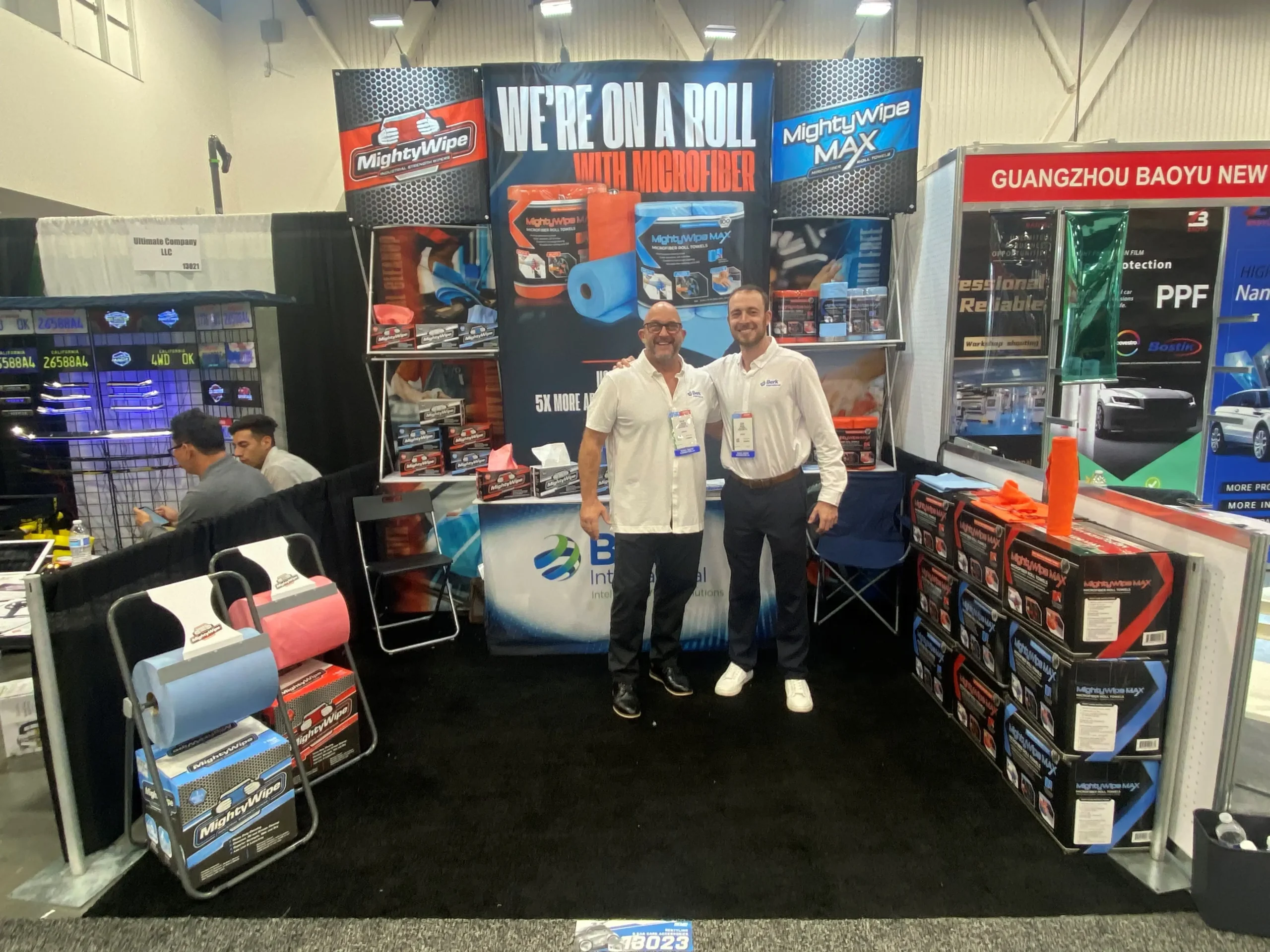Top 3 Ways Distributors of Disposable Wipes, Tissues, and Towels Can Manage Supply Chain Issues

Distributors of disposable wipes, tissues, and towels operating at both local and national levels have recently felt the effects of massive supply chain shortages — and even when an international crisis or two aren’t affecting things, dips in supply are always a possibility. Supply chain management may have a large say in your experience as a distributor, but the right resources can help you prevent those difficulties from affecting your end users.
This article will delve into the three most impactful ways for distributors of bulk wipes, tissues, and towels to mitigate supply chain issues.
Challenges of supplying disposable wipers, tissues, and towels
Dozens of industries rely on professional-grade wipes, tissues, and paper towels to keep their operations running smoothly. The work of consistently providing for these industry verticals doesn’t come without its challenges, and these have seen an increase in recent years.
Struck by current events
World events can disrupt the supply chain on a fundamental level and cause crises for a slew of industries around the world — the spread of Covid-19 being the most recent ongoing struggle with such a significant impact.
Many of the short and long-term commercial effects of the pandemic are centered around labor constraints and shortages. A dramatic decrease in the workers who make our ocean and land transportation possible has had catastrophic effects: skyrocketing shipping prices, delays, and less-than-ideal working conditions, to name a few. While businesses are reopening, international markets struggle to bounce back from such a loss.
Ocean cargo transportation has become particularly difficult and costly, as freight rates have as much as quadrupled. Even factors like container shortages can have lasting effects on a country’s ability to supply needed raw materials for product conversion.
Unfortunately, coronavirus isn’t the only obstacle that today’s manufacturers and distributors have to contend with. The ongoing invasion of Ukraine by Russia has caused a massive shortage of wood pulp, a key resource used in common types of industrial-grade wipes. The conflict has resulted in Russia losing global certifications for its wood supply, so shortages are forecasted to continue for the foreseeable future.
How manufacturing partners tackle supply chain issues
Today’s supply chain challenges may seem insurmountable, but all is not lost when you have the right resources. The best decision you can make to keep your operations afloat as a distributor amid global economic crises is to partner with a dedicated manufacturer who can help you meet these challenges head-on and find intelligent solutions.
- Alternatives to tricky product requests
Manufacturers with awareness of today’s difficulties and how they impact distributors can gauge which products are most affected and find appropriate alternatives. Oftentimes, a customer’s most highly-requested product can be switched out for an equally-capable and more readily available wipe, towel, or tissue. Manufacturing partners use their extensive network of suppliers to quickly find these solutions and ensure your customers’ daily and long-term business efforts continue to thrive.
- Maximize product innovation
Even during supply chain shortages, a trustworthy manufacturer will have solutions that maximize your customers’ ability to get desired products at the best price possible. They accomplish this by making strategic adjustments to normal product orders, such as:
- Delivery size and frequency: A less-frequent, larger order may be a more viable option than smaller deliveries placed throughout the month, given shipping staff shortages.
- Order timing: Strategically placing orders when product supply is good may be the key to success in some cases.
- Product configuration: Not all supply issues stem from the materials used to make the wipe, tissue, or towel itself. If the shipping container or product design is causing a delay, a private label manufacturer can create a brand-new solution and deliver a comparable product that fulfills the same customer needs.
- Proactive customer communication
Communication is key during a crisis. Manufacturers who provide in-depth product knowledge to their distributors can help them weather any storm, empowering them to have informed conversations with their end users.
Premier services for distributors of all sizes
Solutions to the most common supply chain issues are within your grasp. Berk International is changing the game for distributors of non-woven wipes, tissues, and paper towels by serving as your best defense against international crises and their commercial repercussions. Our private label products are the best in the business — just ask the growth-driven distributors that make up our global partner network. Each time we beat the odds to successfully innovate new solutions, end users in industries from aerospace to agriculture move forward with ease and confidence.
Contact Berk to learn more about joining our elite distributor base, and don’t forget to check out our free Roadmap to Success ebook to learn more about how you can continue to up your game as a distributor. The next installment in this series will explore how distributors can maximize their product knowledge to deliver solutions to their bulk wipes, tissues, and paper towel end users.



